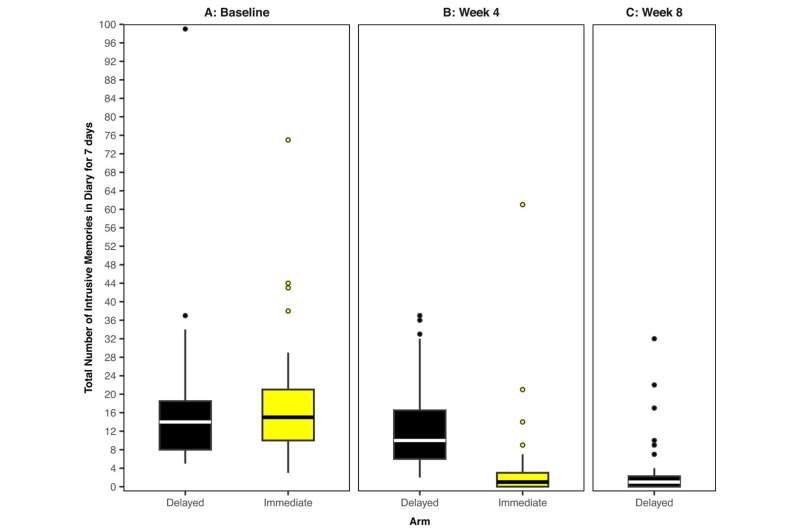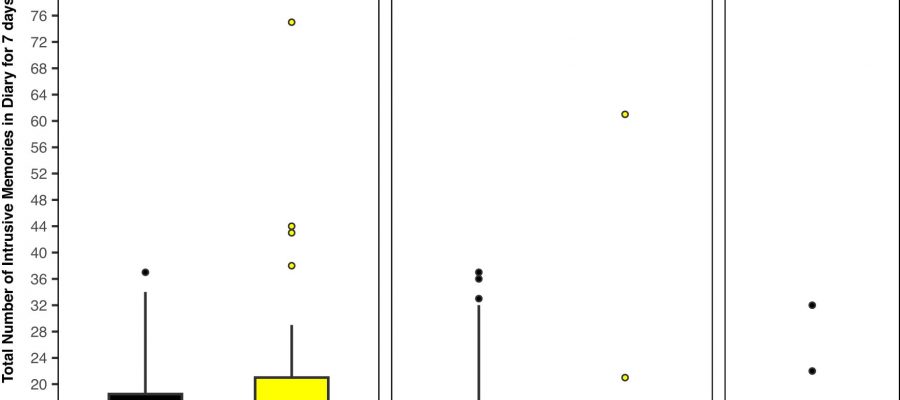
A team of critical care specialists and psychologists affiliated with institutions in the U.K. and Sweden has found that the video game Tetris can prevent intrusive memories in nurses who have cared for patients with COVID-19. Their study has been published in the journal Translational Psychiatry.
Prior research has suggested that one way to treat people with PTSD is to attempt to associate a benign memory with a traumatic one so that the benign memory surfaces instead of the traumatic one when a triggering event occurs.
In a similar vein, some of the researchers on this current study found in 2019 that asking patients to play Tetris while focusing on a traumatic memory could reduce the likelihood of experiencing intrusive traumatic memories or flashbacks.
In this new effort, the research team applied similar ideas to help nurses better handle the stress of traumatic flashbacks associated with the care of COVID-19 patients.
Over the course of the pandemic, nurses caring for patients with severe symptoms have borne witness to traumatic imagery—patients dying as they struggle to breathe, for example. Seeing the face of a child as they learn of a parent’s death might be another. In many cases, such imagery lingers, leaving many nurses to re-experience the trauma.
To prevent such experiences, the researchers turned once again to Tetris. Volunteer nurses were asked to call to mind images that were bothering them as they played the game. As they did so, they were also asked to mentally rotate the bad memories in their mind. Each was asked to play the game between 10 and 20 minutes per session, and all the volunteers carried out the exercise regularly over a four-week period. Afterward, all the volunteers were asked to rate any differences in the number of intrusive memory episodes they were experiencing.
After all the volunteers had concluded their trials, the research team found that on average, the nurses experienced just one-tenth the number of intrusive episodes. They also found that the nurses reported reductions in other symptoms, as well, such as depression, anxiety and insomnia.
More information:
Lalitha Iyadurai et al, Reducing intrusive memories after trauma via an imagery-competing task intervention in COVID-19 intensive care staff: a randomised controlled trial, Translational Psychiatry (2023). DOI: 10.1038/s41398-023-02578-0
Journal information:
Translational Psychiatry
Source: Read Full Article
